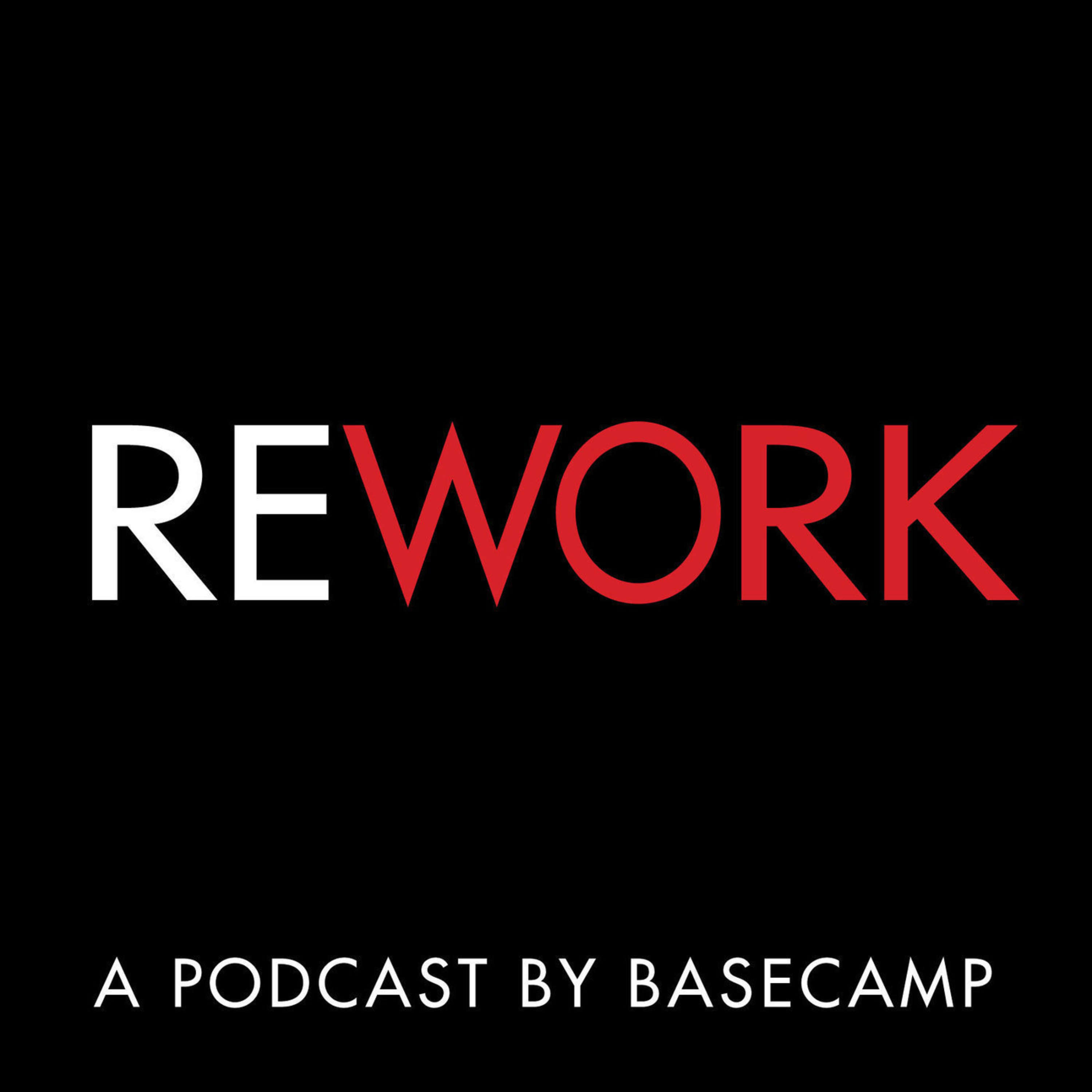Matt Mullenweg is the cofounder of WordPress and its parent company, Automatic.
David Heinemeier Hansson finds that so much of the internet has been captured by the top ~10 companies, they get to dictate everything that happens on the internet. Blogging and podcasting are the last strong hold of the open internet, and he believes that by taking venture investments, WordPress will make blogging into the next thing to be dominated by one of these companies.
Although Apple has been a dominant player in the podcasting space, the RSS feed of a podcast is by default an open standard allowing anyone to participate. A listener could, for example, choose any available player app to consume a podcast. That, however, has been changing too, especially with Spotify and other starting to release locked feeds, only available for consumption to listeners of their platforms.
Matt believes that blogging is larger than WordPress and includes places like Twitter and Instagram, so by having WP focus on one section of blogging doesn't mean they are going to completely dominate the space.
When WordPress came on the scene, there were already "too many" blogging platforms. Movable Type had the self-hosted market, Livejournal and Blogger were utterly dominant in the hosted solution space. Blogger had already been bought by Google.
Of all the 10 million top domains on the internet, 34% of them are running WordPress.
Matt says that Open Source does not prevent anyone from starting on it. Shopify, for example, only has ~800,000 merchants which puts them at 1-2% of all the market share, but they have been able to build a huge business with just those couple percent.
David says that even if you were to fork Ruby on Rails and call it something like Snoopy on Pails, the chances of your project sticking around are very low. The "gravitational pull" of the Rails community would ensure that more commits are done to the parent master, than to the new fork. So although technically open source, project that gain momentum also gain dominance. Even if that power is somewhat distributed, it is still located mostly with the company backing the engine.
No one is forced to use WordPress, and there are now many different options. WordPress compares pretty favorably on both the enterprise side, and the consumer side, because it's a good engine with many options, and it's free. You can get million-dollar software for nothing.
Matt says that WordPress itself was once a fork from another project. When enough contributors choose a new direction and get behind that project, the project takes flight. If, for example, 10% of the WP developers were to leave his project and start contributing somewhere else, he'd be worried.
We are living through an era where a small handful of big tech companies are exerting a completely undue amount of power over the internet, over discourse, over all sorts of things. And that’s something we should try to recoil from and, at least learn from.
You get venture capital to the tune of half a billion dollars because you tell a compelling, extremely rapid, exponential growth story, but that desire to own the space does not lead to anything good, and only leaves the consumer with an illusion of choice.
Matt says that WordPress could get to 85% market share and it would not have any negative impact. If anything, it would allow people to focus more on what makes their business different, and not spend time recreating the WYSIWYG, the user system, the login, and all the stuff that you just do not need to recreate when WordPress solves your needs.
Open Source platforms are fundamentally different from proprietary platforms and their adoption. When open sources are adopted, they enable a lot of interesting things to be built on, enabling possibility and abundance for products that come after them.
David says we should not be happy with the internet governed by a dictator whose opinion becomes the only vision for a product.
Although Matt doesn't love the terminology of "a Benevolent Dictator for Life," he does love some ideas behind it.
Outside of software there is usually some kind of a top-down control. Companies have a CEO. Countries, they typically have presidents or something like that. All of these systems are set up to have checks and balances, and if you do not like your country for example, it is really actually difficult to move to another one and opt into a different governance system. But changing your governance in software is a million times easier.
It is, however, difficult for committees or an alternative governance structures to create really great software. You typically have something more like a director of a movie, or a conductor of an orchestra, a person with whom a great deal of decision-making power for determining the platform rests. That is often a good thing for the health and quality of the platform, and because we have these checks and balances with Open Source forking, people can opt out of that person’s power at any time.
Tumblr has a critical mass of people spending time there already, and by taking some of what Automatic loves about privacy and user-centricity and combining that with a network could be very powerful.
Matt says Automatic does not need to turn Tumblr into a privacy nightmare in search of advertising dollars. They will try a trusted subscription model on Tumblr instead.
Also, there are things like selling domains and upgrades and other things they have done for 10-plus years on Wordpress which could be interesting to the Tumblr community. They might even try a pay-to-support model, where members could sponsor creators on recurring basis.
